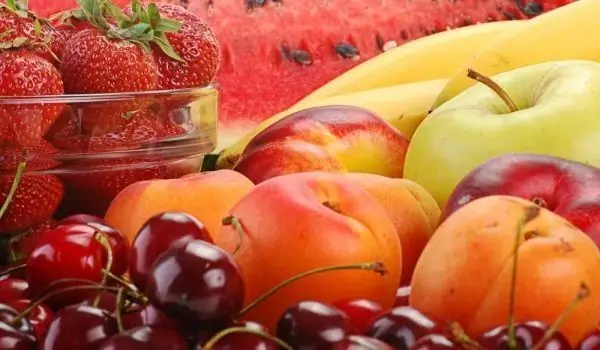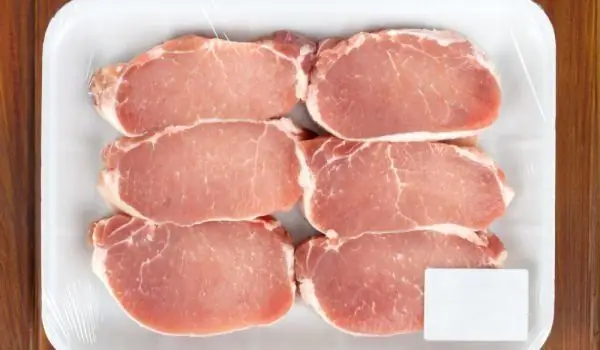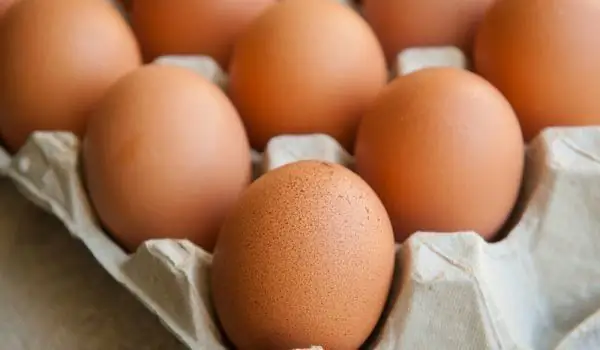2025 Author: Jasmine Walkman | [email protected]. Last modified: 2025-01-23 10:18
In August, the cheapest goods in Bulgaria were watermelons and melons, according to a study by the National Statistical Institute. At the same time, lemons have reached record high prices.
The NSI report shows that compared to July 2014, the price of watermelons and melons fell by 16.6% in August. On the other hand, the retail price of a kilogram of lemons reached between BGN 8-10 for the same period.
In the last month the NSI reported an increase in the price of rice as well - by 0.2%, of pork - by 0.4%, of eggs - by 3.2%, of margarine - by 0.5%, of chocolate and chocolate products - by 1%.
Higher prices in August were also fresh spices, which jumped by 0.5%, alcoholic beverages - by 0.4%, fresh and yogurt - by 1% and 0.9%, respectively.

Cheaper in the past month were Dobrudja type bread - by 1.1%, cheese and yellow cheese - by 0.2%, perishable sausages - by 1.1%, minced meat - by 0.5%. oil - by 0.9%.
In addition to watermelons and melons, tomatoes also saw a serious price drop of 16%. Cucumbers fell in price by 5.9% and ripe beans - by 1.1%.
In August, olives decreased by 0.6%, mushrooms - 1.5%, potatoes - 6.1%, sugar - 3.1%, ice cream - 1.3%, mineral water - by 0.3%, soft drinks - by 0.9%, onions - by 5.8% and ripe garlic - by 4.5%.
According to NSI data, Bulgarians spend more than half of their money on food and home maintenance.

Statistics show that the consumption of bread and pasta in the country has decreased in the last month. In August, a Bulgarian ate 22.8 kilograms of bakery products, which is almost 2 kilograms less than last month.
Consumption of vegetables is also lower. The average drop is from 19.3 kilograms per person to 18.4 kilograms. Potato consumption is most severely reduced. It has dropped from 7.4 kilograms to 7 kilograms.
The consumption of fresh milk has been reduced by about half a liter per person. For yoghurt, the decrease is from 7.7 kilograms per person to 7.3 kilograms.
Recommended:
Fruits Are Becoming More Expensive And Vegetables Are Becoming Cheaper

At the height of the holiday season, not only consumer demand for food products changes, but also the prices of some of them. For example, at the beginning of August there was a slight increase in seasonal fruits compared to the same period in 2014.
Which Meat Became Cheaper And Which Became More Expensive In One Year

Pork is the product that has fallen the most drastically in the last year, according to data from the Center for Agricultural Research. Prices per kilogram fell by an average of 20% over the same period in 2017. In March and April this year, the average price per carcass weight was BGN 2.
Cheaper Eggs And More Expensive Vegetables In January

In the first month of the year, eggs fell the most, and peppers and cucumbers rose the most, according to a study by the National Statistical Institute. Prices of pepper are 13.9% higher and cucumbers are 9.6% more expensive. Leafy vegetables also rose in value within a month and are now selling 7.
Vanilla Is Becoming More Expensive, And Ice Cream Is Becoming More Expensive

Starting this summer, we can buy vanilla ice cream at higher prices due to the low yield of vanilla, which has significantly increased its price on international markets. Vanilla growers around the world warn that Madagascar, the world's largest exporter of vanilla, has registered the weakest crop in years.
Tomatoes Are Getting More Expensive, Cucumbers And Yellow Cheese Are Getting Cheaper

The tendentious rise in prices of basic food products in the country continues. Experts' forecasts for a lasting rise in the monetary value of food in April are already coming true. The most significant increase is observed in the widely sought after tomatoes.

